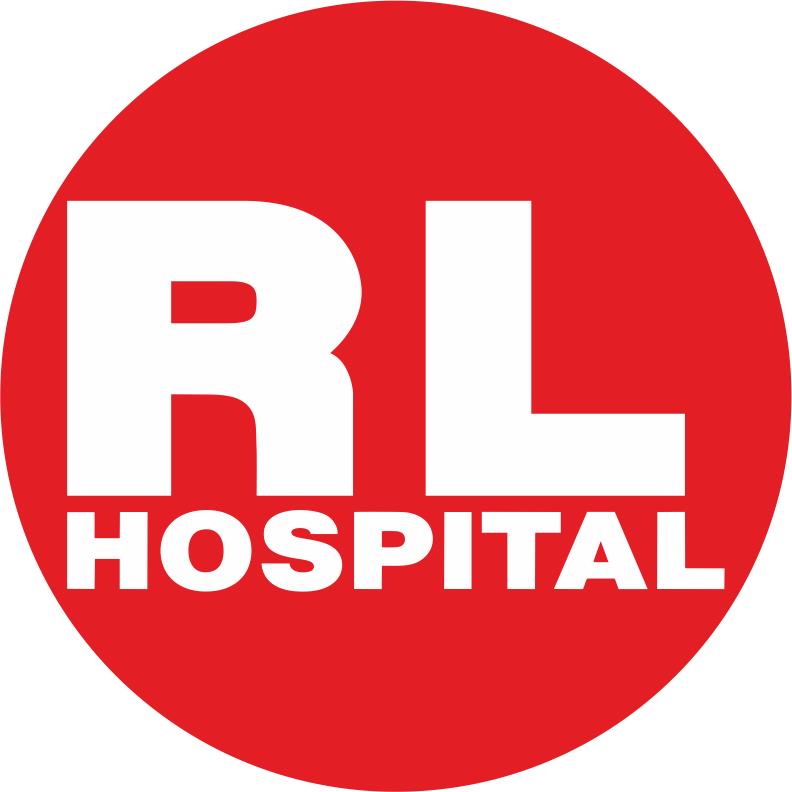Hypertension, commonly known as high blood pressure, affects millions worldwide. It’s a condition where the force of blood against artery walls is too high, leading to health problems. With lifestyle changes and proper management, early detection can significantly improve health outcomes.
What Is Hypertension?
Hypertension is when your blood pressure is higher than normal. Blood pressure is measured in two numbers. The first is called systolic pressure, and the second is diastolic pressure. These numbers tell you how hard your heart is pumping. Normal blood pressure is usually below 120/80 mmHg. Elevated blood pressure is slightly higher, while anything above 140/90 mmHg is considered high.
When you have high blood pressure, it can harm your heart, brain, and kidneys. Over time, the pressure can weaken blood vessels, leading to problems like heart disease. Understanding your blood pressure numbers helps you keep track of your health.
Unraveling the Causes of Hypertension
Hypertension can be caused by primary or secondary factors. Primary hypertension happens over time with no clear reason. It is influenced by genetics, lifestyle, and aging. Things like eating salty foods, lack of exercise, and getting older might increase your risk of developing this type of hypertension.
Secondary hypertension happens because of another health problem or medicine. This type of high blood pressure might be due to kidney disease or certain medications. Common risk factors include:
- Family history: If relatives have hypertension, you might be more likely to have it too.
- Diet: Eating too much salt and not enough fruits and vegetables can cause high blood pressure.
- Inactivity: Not moving enough can increase the risk.
- Stress: High stress can also contribute.
- Drinking alcohol and smoking: Both can raise blood pressure levels.
Recognizing the Silent Signs: Symptoms of Hypertension
Hypertension is often called the “silent killer” because you may not feel any symptoms. Many people don’t even know they have it. However, during a hypertensive crisis, which is an extreme rise in blood pressure, symptoms can occur. You might experience severe headaches, nosebleeds, or shortness of breath.
This is why regular blood pressure checks are crucial. Even without symptoms, damage can occur to your body’s organs and tissues. By monitoring your blood pressure regularly, you can catch any changes early and manage them effectively.
Understanding the Risk: Complications of Uncontrolled Hypertension
If left unchecked, hypertension can lead to serious health issues. It can cause heart attacks or strokes due to the damage to blood vessels. Over time, high blood pressure can also result in kidney damage. It can seriously affect your body if not treated properly. Keeping your blood pressure under control can prevent these long-term complications.
Diagnosis: How Hypertension is Identified
Finding out you have hypertension starts with checking your blood pressure regularly. It’s important to measure it more than once to be sure. Sometimes you need to monitor it at home as well.
Doctors might do further tests to check for secondary causes of high blood pressure. This can include looking at blood and urine tests or imaging tests of your heart. These tests help ensure that they understand the cause of your hypertension and the best way to treat it.
Exploring Treatment Options for Hypertension
The first step in managing hypertension is often lifestyle changes. This means eating healthy to lower blood pressure, like consuming less salt and more fruits and vegetables. Regular exercise also helps keep your heart and blood vessels healthy.
Sometimes, medication may be necessary to manage your blood pressure effectively. These medicines help relax and widen blood vessels, making it easier for blood to flow.
Having a personalized plan is the most effective way to manage hypertension. Regular follow-ups with your healthcare provider ensure that your treatment is working.
Preventative Measures: Keeping Hypertension at Bay
To keep your blood pressure at healthy levels, adopt healthy lifestyle habits:
- Eat a balanced diet with plenty of fruits and vegetables.
- Stay active by walking, jogging, or cycling.
- Limit salt, alcohol, and tobacco use.
Starting these habits early can help you avoid high blood pressure later on.
Conclusion
Managing and understanding hypertension is vital for long-term health. Monitoring your blood pressure and making healthy lifestyle choices can make a big difference. Stay proactive by visiting your doctor regularly and following their advice for managing blood pressure.
Take control of your health today! Visit RL Hospital for expert care in managing hypertension. Our team is here to guide you with personalized advice and treatment plans for better long-term health. Book your appointment now!

